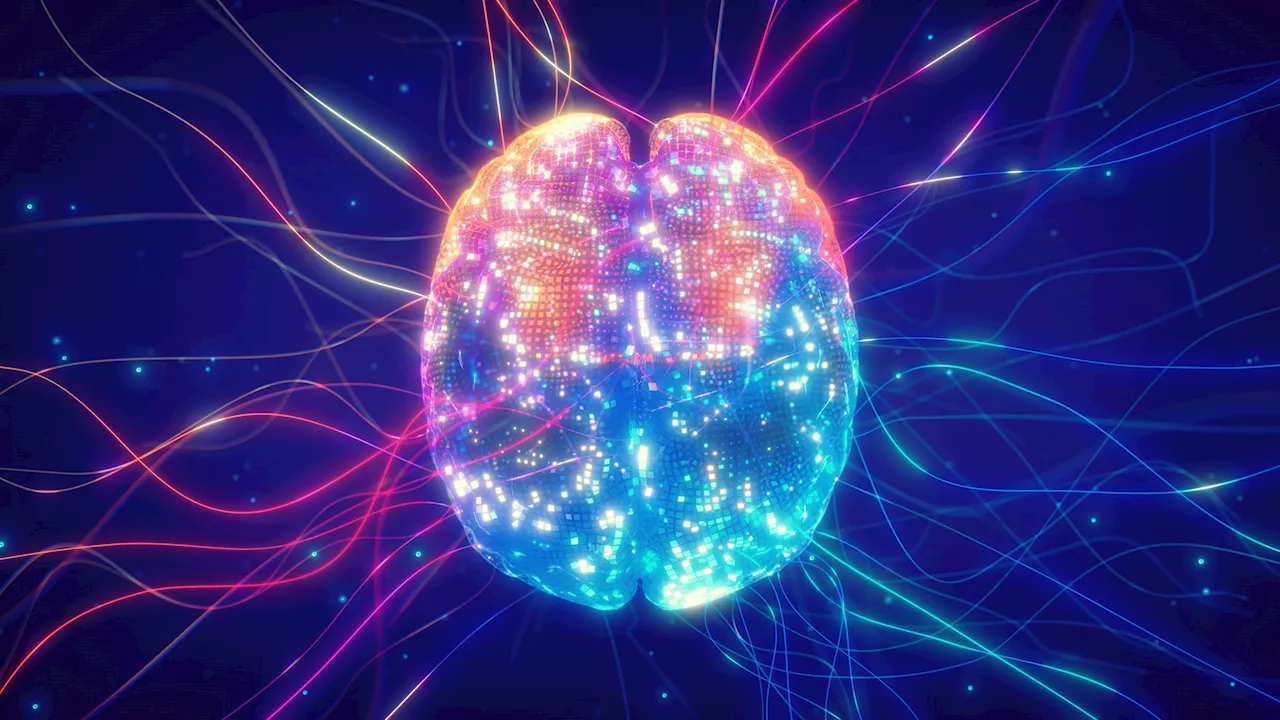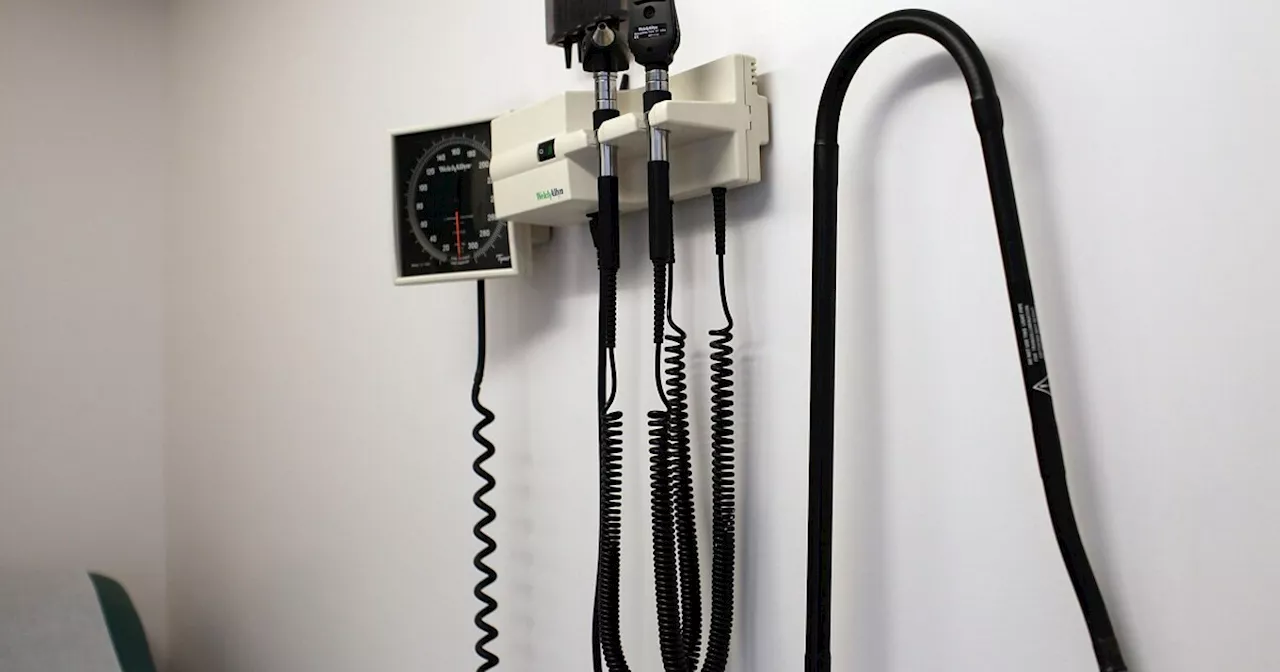Researchers found diagnosis rates varied depending on location — with parts of the Great Plains and Southwest seeing fewer dementia cases than predicted.
Medical instruments are pictured at the Actors Fund's Al Hirschfeld Free Health Clinic on March 23, 2011, in New York City. Researchers found that the odds of getting a formal dementia diagnosis in the U.S. differed based on location.
The reasons behind the disparity aren't clear, but researchers speculate that stigma as well as access to primary care or behavioral neurological specialists may impact the odds of getting a formal diagnosis."We tell anecdotes about how hard it is to get a diagnosis and maybe it is harder in some places. It's not just your imagination.
What they discovered was that the two maps were vastly different, with parts of the Great Plains and Southwest seeing less diagnosis than expected. For example, a person in Wichita Falls, Texas, may have twice the likelihood of getting a diagnosis than a person living in Minot, N.D."Even within a group of people who are all 80, depending on where you live, you might be twice as likely to actually get a diagnosis," Bynum said.
Erin Abner, an epidemiologist at the University of Kentucky who was not involved in the study, said the results were not surprising and that there are many barriers to diagnosis.
Nigeria Latest News, Nigeria Headlines
Similar News:You can also read news stories similar to this one that we have collected from other news sources.
 Agricultural soils are efficient ice nucleating particles in the southern great plainsINPs are a rare subset of atmospheric aerosol that can initiate ice formation in clouds. There is a significant gap between scientists' ability to measure INPs and to predict their concentrations and variability in large-scale weather and climate models.
Agricultural soils are efficient ice nucleating particles in the southern great plainsINPs are a rare subset of atmospheric aerosol that can initiate ice formation in clouds. There is a significant gap between scientists' ability to measure INPs and to predict their concentrations and variability in large-scale weather and climate models.
Read more »
 Researchers are closing in on a mouse model for late-onset Alzheimer'sResearchers are working to create the first strain of mice that's genetically susceptible to late-onset Alzheimer's, with potentially transformative implications for dementia research.
Researchers are closing in on a mouse model for late-onset Alzheimer'sResearchers are working to create the first strain of mice that's genetically susceptible to late-onset Alzheimer's, with potentially transformative implications for dementia research.
Read more »
 Researchers found a way to switch memories back on in Alzheimer’s patientsResearchers say they may have made huge progress towards an Alzheimer’s cure by finding a way to flip back on the memories in patients.
Researchers found a way to switch memories back on in Alzheimer’s patientsResearchers say they may have made huge progress towards an Alzheimer’s cure by finding a way to flip back on the memories in patients.
Read more »
 Blood Tests For Alzheimer’s May Be Available at Doctor’s OfficesNew blood tests could help doctors diagnose Alzheimer’s disease faster and more accurately, researchers reported.
Blood Tests For Alzheimer’s May Be Available at Doctor’s OfficesNew blood tests could help doctors diagnose Alzheimer’s disease faster and more accurately, researchers reported.
Read more »
 One great day at a time: Martin family faces Alzheimer’s battle with grace, positivityProvidence boys basketball coach Jim Martin's wife, Laura, was diagnosed with early-onset Alzheimer's disease. The family has faced that diagnosis with a positive outlook and trying to make every day the best day possible for Laura.
One great day at a time: Martin family faces Alzheimer’s battle with grace, positivityProvidence boys basketball coach Jim Martin's wife, Laura, was diagnosed with early-onset Alzheimer's disease. The family has faced that diagnosis with a positive outlook and trying to make every day the best day possible for Laura.
Read more »
 Researchers using spiders to better understand Great Salt Lake pollutionWith a focus on Antelope Island, researchers have collected hundreds of spiders, along with many more brine flies, over the past six years to get a better handle on one bad pollutant.
Researchers using spiders to better understand Great Salt Lake pollutionWith a focus on Antelope Island, researchers have collected hundreds of spiders, along with many more brine flies, over the past six years to get a better handle on one bad pollutant.
Read more »
